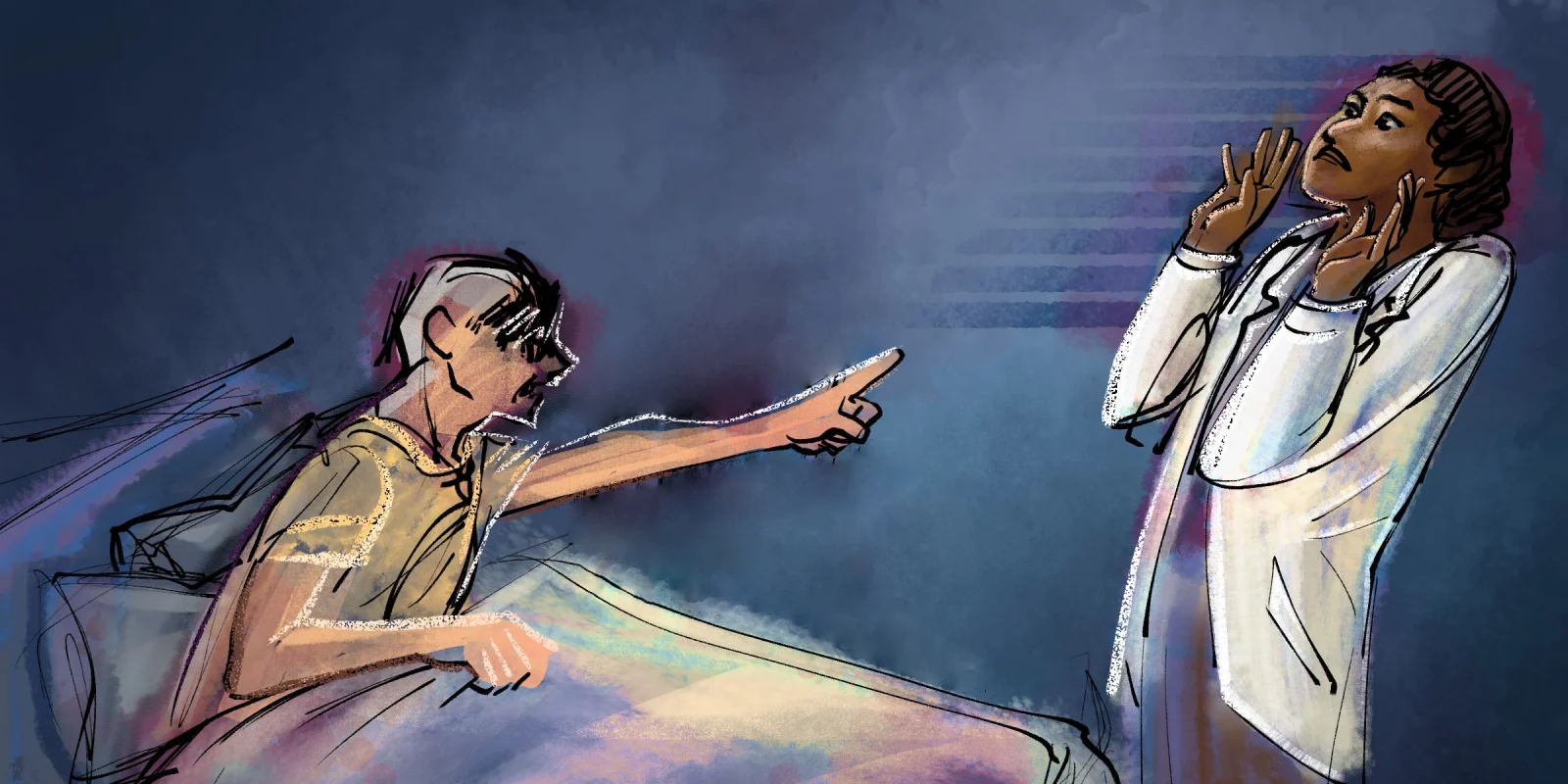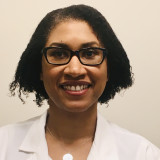The modern practice of medicine is hard! Add in a three-year pandemic and it’s not surprising that colleagues are leaving the profession in droves. Is it merely just improved recognition or are physicians really more likely than the general population to have depression, anxiety, and, tragically, to complete suicide? We walk through metal detectors on our way to work. We have overhead codes summoning teams to de-escalate hostile patient interactions. We have behavioral pledges and signs asking for basic civility. Indeed, I would postulate that one of the most disheartening realities of being a physician in 2023 is the undercurrent of mistrust that pervades many aspects of our work. Gone are the days when the mere recitation of the Hippocratic oath was sufficient to imbue the physician with irreproachable character. Though we can debate the cause of our profession's waning regard, it seems clear that the degradation of the patient-physician relationship is a major contributor to our waning job satisfaction.
I am a neonatologist at a large academic center. I love my work, building rapport with families and taking care of complex, critically ill newborns. For several years now, I have also served on our medical school’s admissions committee. The applicants are amazing, and not just academically. They’ve taught for America in under-resourced schools, served in the Peace corps, raised money for a plethora of worthy causes, volunteered at free medical clinics, and are well on their way to making the illusive “difference.” Consistent throughout almost every personal statement and interview are the familiar themes of caring, promoting the greater good, and relationship building. Thoughts of future wealth have long been disabused by the cost of education and the anticipated length of training. Accordingly, when we select the students who will become physicians, we look for individuals who exemplify genuine altruism. We require more than academic prowess; we require character.
So how is it that medicine has gotten to this point? Where our recommendations are refuted on the basis of an anecdote or social media post? Where it is intimated that our motivation is some secondary gain such as revenue or statistical success? Where we are no longer presumed veracious in our oath to “do no harm” but instead perceived as self-serving, negligent, and at times, just malevolent? Of course, many patients and families do not hold to these views, but it is human nature to filter interactions with a negativity bias. If indeed it takes multiple positive experiences to counter one negative, it is understandable why these character critiques stay with us. Fractured physician-patient relationships make the prospect of coming to work daunting. They are the seeds of dissatisfaction and the building blocks of burnout. For a dedicated physician, the words “you don’t care” represent the ultimate repudiation of character and devaluation of efforts.
Ironically, this mistrust has taken hold at a time when medicine is more transparent than ever before. The Cures Act has opened our medical records, not just for lab results and X-rays, but to the very words one’s physician uses to document “progress.” It is not unusual for a patient to see test results before their doctor has even had the opportunity to review them. Open-access journals empower patients to read what their physicians are reading. Medical knowledge is no longer sequestered in colossal eponymic volumes, made longer with each successive edition. Now a simple internet query will yield multiple reliable resources, many written expressly for patients. Unfortunately, misinformation is equally as ubiquitous.
What, then, is the cause of patient mistrust? Sometimes, it is acquired over the course of a therapeutic relationship when we are constantly the bearers of bad news and thus viewed more like the Grim Reaper than a healer. For some patients, this mistrust precedes our personal involvement in their care, brought on by negative past experiences, racial disparities, medical errors, well-publicized ethical transgressions, or a generalized suspicion of “unnatural” modern medicine. The fee-for-service payment structure leaves patients questioning the necessity of tests and interventions, as though they are falling victim to an unscrupulous salesperson pushing an upsell. This skepticism is understandable when we consider the corporate takeover of medicine complete with exorbitant CEO salaries, incessant advertising, glitzy facades, and million-dollar pharmaceuticals. Many days we spend more time staring at a computer screen than interacting with our patients. Building trust is inevitably challenging when the system itself seems so untrustworthy.
It would follow that to remedy mistrust we must address its root causes. This begins with improved patient-physician communication and the promotion of health literacy. Increasing diversity in the workforce allows for greater patient-physician concordance and is a powerful testament to our commitment to our communities and health equity. Our patient advocacy must extend beyond the clinic or hospital to include a mandate for promoting social change. This requires championing issues such as improved access to health care, environmental stewardship, education, and the prevention of violence and injury. We must continue to prioritize research and quality improvement, which are essential to the advancement of medicine, and to address the knowledge gaps that frustrate our patients and their families. Finally, we must rekindle the idealism that first brought us to medicine. This may require that we decry corporate culture and its influence on patient care.
As a neonatologist, my patients and their families never choose me as their physician. They meet me at a time of crisis and are asked to trust in my care. Remarkably, this happens most of the time, perhaps because of the acuity of the circumstance, my graying hair, or a general belief that I have been vetted by my peers and the profession. After all, from the very beginning when we are applying to medical school, we are expected to demonstrate our commitment to helping others. However, as health care management becomes increasingly the domain of non-clinicians, it seems inevitable that patient mistrust will continue to grow. To build a trustworthy system, good character and altruism must be a requirement for everyone involved, regardless of whether their name is suffixed by an MD or an MBA.
Helen Williams is a neonatologist from Atlanta, Georgia. She also has a masters in bioethics and serves on her local bioethics committee.
Illustration by April Brust







